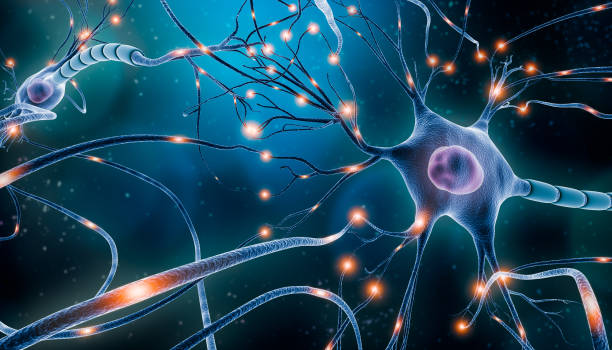Memory loss, while notoriously associated with aging and various disorders, is not an inevitable part of life. Adopting certain lifestyle changes can indeed help prevent or delay its onset. For that matter, Evoke Neuroscience will shed light on some steps you can take to preserve memory function, for a more fulfilling and independent life as the years stack up.
Eat Healthily
First of all, a nutritious diet plays a pivotal role in maintaining sound cognitive function. For one, certain diets rich in fruits, vegetables, lean protein, and healthy fats — like the Mediterranean diet — can protect against cognitive decline. Also, you should try to minimize your intake of saturated fats and refined sugars, which have been linked to decreased brain health.
Regular Exercise
Physical activity has significant benefits for brain health. For one, regular physical exercise can enhance memory and thinking skills by improving blood flow to your brain. Other than that, getting some regular physical activity also serves to build up your brain’s cognitive reserve.
Mental Stimulation
Keeping your brain active can contribute to maintaining memory. First of all, you must engage in activities that challenge your brain, such as puzzles, reading, writing, or playing a musical instrument. Aside from that, lifelong learning and regular intellectual stimulation can enhance brain health and help delay cognitive decline.
Quality Sleep
Good sleep is critical for memory consolidation for most adults. For one, you need to try to maintain a regular sleep pattern to foster memory formation and retention. Other than that, chronic sleep deprivation can impair memory, so ensure you are getting adequate rest.
Regular Check-Ups
Regular medical check-ups can greatly help detect any memory issues early. For one, regular mental health check-ups can help detect memory loss early, Evoke Neuroscience leading to early treatment and better management. Also, effectively managing chronic conditions such as diabetes, high blood pressure, or depression can help in preventing memory loss.
Social Engagement
And finally, staying social can also improve your mental fitness. Engaging in social activities and maintaining close relationships can bolster your memory-preservation efforts. Also, regular interaction with loved ones or involvement in community activities can keep your brain sharp and memory intact.
